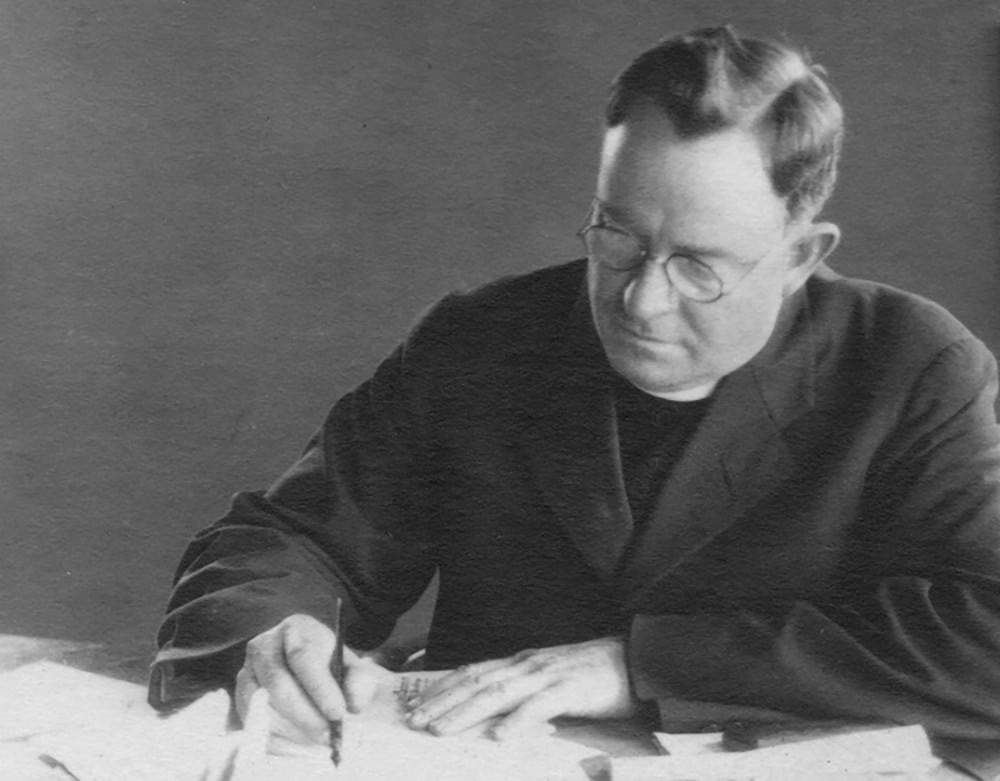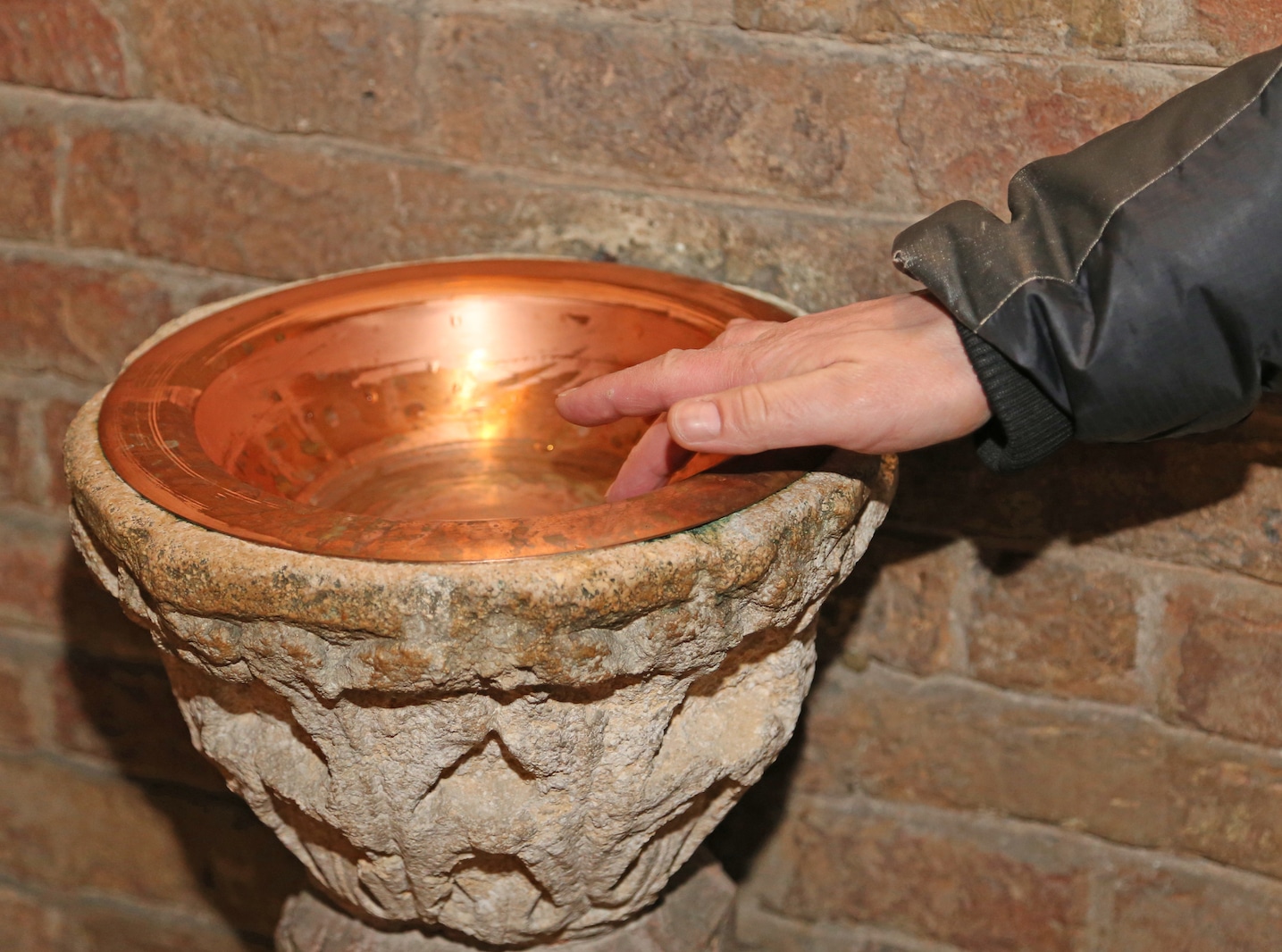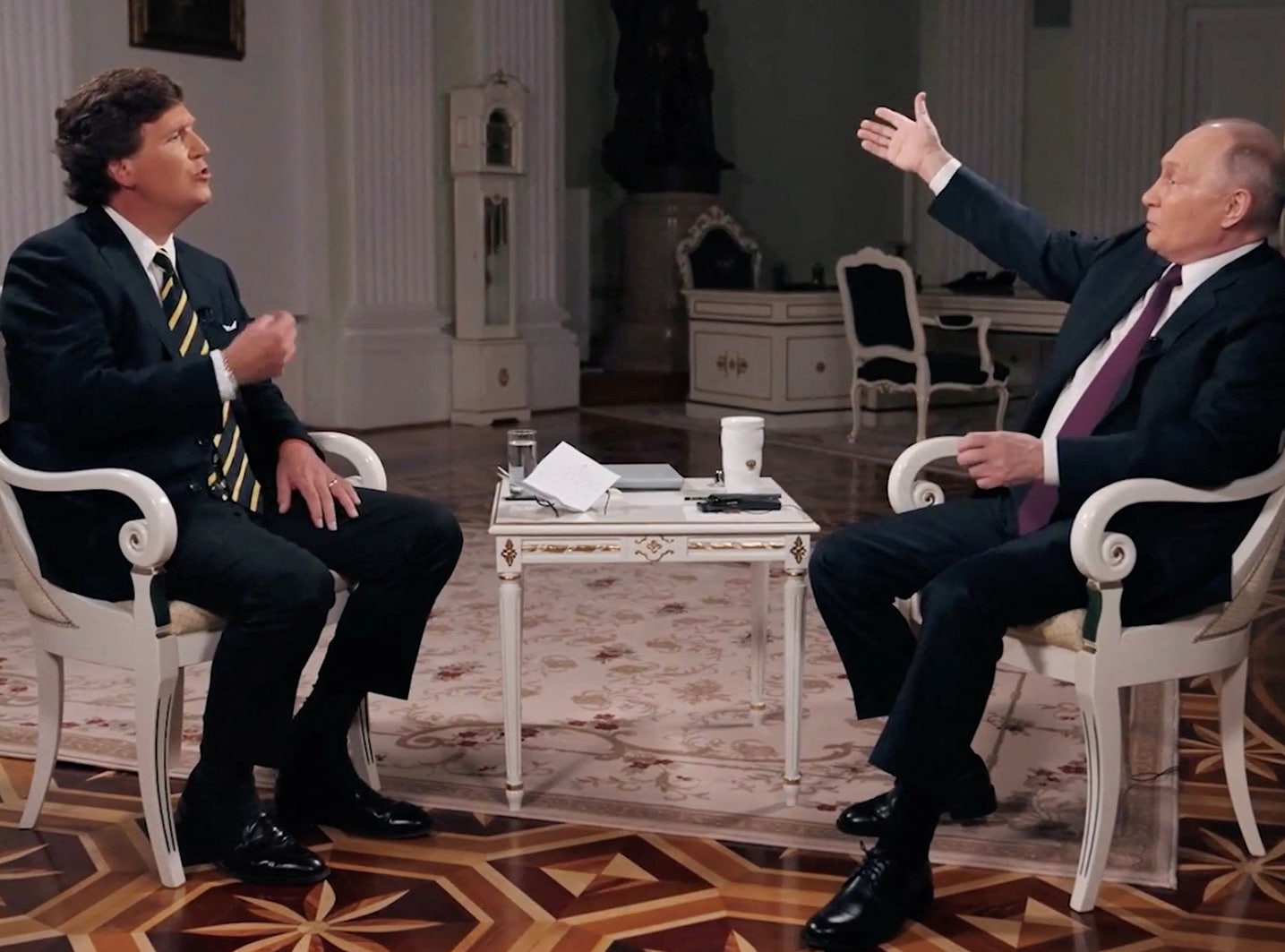This June will mark 202 years since Bishop John England started the United States Catholic Miscellany in 1822. Lies were being spread about the Faith, and Catholic immigrants were finding themselves the subject of Nativist attacks. Bishop England will forever be remembered as the first bishop to take a stand in defense of the Church by starting a local Catholic newspaper.
Many other Church leaders followed in his footsteps at the diocesan and the national levels. Ninety years after Bishop England, Father John Francis Noll began publishing Our Sunday Visitor, also to defend the Faith from those who were attacking it. The first print run was 35,000, and circulation peaked at over 1 million. The Church in the United States was facing a crisis — an attack on both its people and on its teachings — and communication was effectively used as a tool to combat it.

The fathers of the Second Vatican Council encouraged this kind of “good” Catholic press to “instill a fully Christian spirit into readers” (Inter Mirifica, No. 14). This press has two main objectives, they said: to share and explain what’s happening in the life of the Church, and to form, support and advance public opinion that was in line with Catholic teaching and with the natural law.
Though the attacks on the Church — the attacks against Christ himself — have changed in nature over the years, they are far from over. The devil’s tentacles are long and relentless. Research released in January by Pew indicates that 28% of U.S. adults are now religiously unaffiliated. Even with the defeat of Roe v. Wade, the gospel of life is incessantly under attack at the state level, where protection for abortion is finding general support. Forces in our culture, much of them through social media, are loudly and persuasively convincing our children that a person’s biological identity comes not from the Creator, but from one’s whim of the moment. Pornography is rampant. Human trafficking is a multibillion-dollar industry. The poor continue to be marginalized. The Eucharist — Christ’s gift to the Church by which to remember him, and the source and summit of what it means to be Catholic — is so forgotten that we have to spend millions of dollars on a National Eucharistic Revival. Within the Church, we face our own reckonings, the most wretched of which is without a doubt the clergy sexual abuse crisis, which continues to rear its ugly head even 20 years after the Dallas Charter and four years after a global abuse summit at the Vatican.
Mission of the Catholic press has never been more critical
The mission of the Catholic press to share Christ’s truth with the world has never been more critical.
And yet it is also a time of great transition within Catholic media, where changes in media consumption and decreasing readership are leading to revisions of strategy in how content is being delivered on a local and national level. On the whole, this is a healthy practice. If current strategies aren’t effective, they should be examined and improved upon. But what we cannot do — what we must not do — is change what we are communicating, even amid our bankruptcy-era belt-tightening. We cannot stop using the media to tell the story of the Church and to share the teachings of the Church in a way that helps Catholics “formulate Christian judgments for themselves on all events” (Inter Mirifica, No. 14). If we don’t do it, who else will?
I was blessed recently to attend a talk given by Deacon Larry Oney of the Archdiocese of New Orleans, founder and president of Hope and Purpose Ministries, who called for a reinvestment of resources in evangelization and truth-telling through media.
“If we’re going to do Catholic media the right way, let’s do it in an excellent way,” he said. “The Church has to be reoriented (as to) where we are going to spend our money. Some of it needs to be spent in the new frontier, and part of that frontier for evangelization is definitely media — written media, digital media, all of it. We can’t abdicate that. It’s too important, because the battle is being fought there principally.”
And he is so right. Catholic media is too important to abandon, despite the many challenges associated with it. For it is through Catholic media that we communicate Christ.







